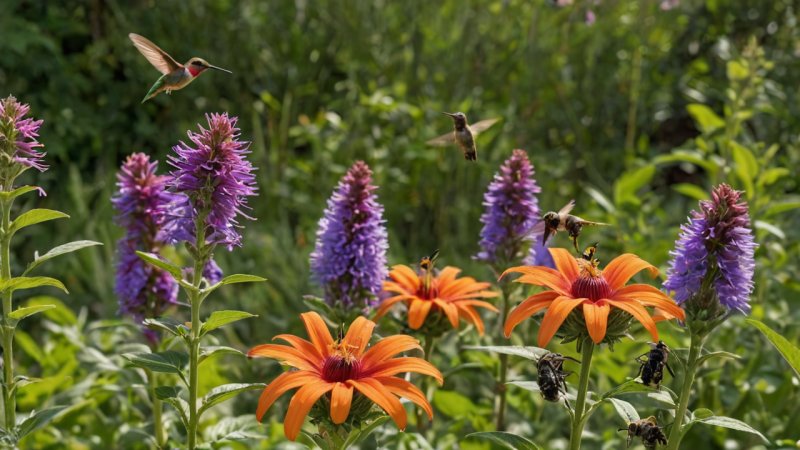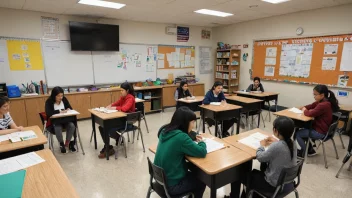Pollinators are essential components of our ecosystems, playing a crucial role in the reproduction of many flowering plants, including those that produce fruits, vegetables, and nuts. Despite their importance, these species face numerous threats, leading to alarming declines in their populations. Understanding the significance of preserving pollinator species is not only vital for maintaining biodiversity but also for ensuring food security and supporting sustainable agricultural practices. In this article, we will explore the various types of pollinators, the challenges they face, and the steps we can take to protect them.
Understanding Pollinators
Pollinators encompass a diverse group of organisms, including bees, butterflies, moths, birds, bats, and even certain insects like beetles and flies. Among these, bees are the most recognized and effective pollinators, responsible for pollinating approximately 75% of the world’s flowering plants. This includes many crops that are vital for human consumption, such as apples, almonds, and blueberries. Other pollinators, such as butterflies and hummingbirds, also play significant roles in maintaining the health of ecosystems by facilitating plant reproduction.
The Decline of Pollinator Populations
In recent years, the decline of pollinator populations has become a pressing concern for scientists, environmentalists, and farmers alike. Several factors contribute to this decline:
- Pesticides: The use of harmful chemicals in agriculture can have detrimental effects on pollinator health, leading to decreased populations and impaired reproductive success.
- Habitat Loss: Urbanization, deforestation, and agricultural expansion have resulted in the destruction of natural habitats, reducing the availability of food and nesting sites for pollinators.
- Climate Change: Shifts in climate patterns can disrupt the timing of flowering plants and pollinator activity, leading to mismatches that can threaten their survival.
- Diseases and Parasites: Pollinators, particularly honeybees, face threats from various diseases and parasites, such as the Varroa mite, which can decimate entire colonies.
The Importance of Pollinators for Food Security
The decline of pollinator species poses significant risks to global food security. Approximately one-third of the food we consume relies on pollination, making it a critical service for agricultural production. Without pollinators, many crops would experience reduced yields, leading to higher food prices and decreased availability. This is particularly concerning for developing countries, where a large portion of the population relies on agriculture for their livelihoods. By preserving pollinator species, we can help ensure a stable food supply and support the economies of communities worldwide.
Conservation Efforts
Efforts to conserve pollinator populations have gained momentum in recent years, with various organizations, governments, and individuals taking action. Some key strategies include:
- Creating Pollinator Habitats: Planting native flowers and maintaining green spaces can provide essential food sources and nesting sites for pollinators.
- Reducing Pesticide Use: Adopting integrated pest management practices and using organic alternatives can help protect pollinators from harmful chemicals.
- Supporting Local Agriculture: Buying locally grown, organic produce can encourage sustainable farming practices that benefit pollinators.
- Education and Awareness: Raising awareness about the importance of pollinators and the threats they face can inspire individuals and communities to take action.
Conclusion
Preserving pollinator species is essential for maintaining the health of our ecosystems and ensuring food security for future generations. By understanding the vital role that pollinators play and recognizing the threats they face, we can work together to implement conservation strategies that protect these invaluable creatures. Whether through individual actions or community initiatives, every effort counts in the fight to preserve pollinators and the essential services they provide. As stewards of the environment, it is our responsibility to safeguard the delicate balance of nature and secure a sustainable future for all living beings.






